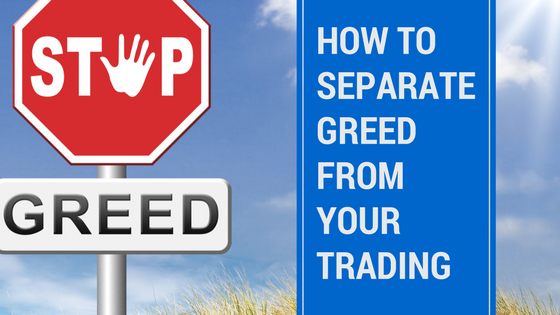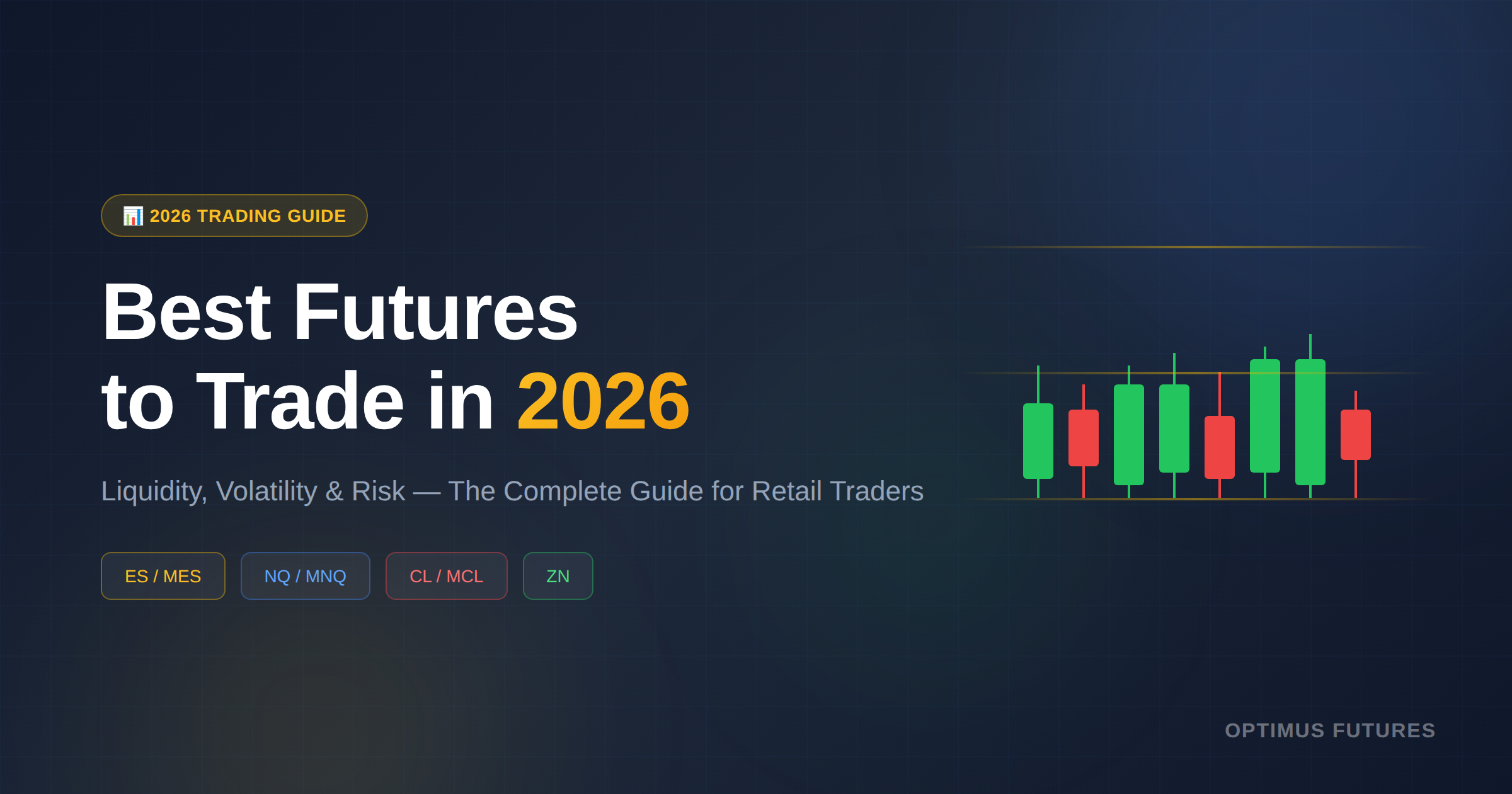The following article on Greed and Trading is the opinion of Optimus Futures.
Most of us equate greed to self-indulgence and materialism, but in trading and investing, greed manifests itself as a subtle subconscious thought that leads to actions that cause you to overlook relevant information that may be contrary to facts, reality, and statistics. Greed at times disguises itself as a strategy, but it is nothing more than an emotion. It causes total loss of control and leads to deviation from the trading plan. In most cases, greed is triggered when we are faced with a situation that we thought we have a small likelihood of encountering or stems from serious doubts that our method/system has failed, leading to spontaneous emotional reactions.
In this article, we will go over a few potential reasons traders and investors get derailed when it comes to their decision making and provide some insight on how greed manifests itself in trading. Greed is not a number or a “sin”, it’s just an inherent need to avoid losses, make profits or further existing gains.
Confirmation Bias
Greed causes the “confirmation bias”. This is a desire to gain in the markets so badly that we only look for information that can potentially justify our existing position and views. And when we encounter news/facts/opinions that would point to the contrary, we dismiss it as “irrelevant” or just plain ignore it, out of fear that it will distract us and change our frame of mind.
For example, suppose you decided that the Emini S&P will go down as it reaches new highs on a daily basis. So you short it, and despite all your analysis and research, it keeps going up. Now what? Now you start to look for news and other sources of information in pursuit of whatever can justify your position that the Emini S&P is going down, ignoring all the pieces that actually point to it going UP. Then you look for chart gaps since the “gap must fill” until finally you accept the truth and realize that you can’t keep losing money. Although being in a losing position is more hope than greed, the initial tendency to overlook strong markets and act on intuition is nothing but greed. Don’t ignore strong facts, your method and your discipline in favor of a “one-time” trade just to catch a small move. Quite often these are the worst trades that you will ever make.
Setting Unrealistic Goals
Another greed factor is when investors and traders set a percentage of return they desire per their investment. For example, “I want to make X per day when I day trade with my XYZ investment.” But a single number doesn’t truly reflect long-term returns averaged over many days, weeks and years and what traders could go through on a day to day basis to achieve it. Every system and method that has been traded successfully has been through drawdowns and volatility with consecutive losses. However, some traders refuse to acknowledge this and instead create returns based on their financial preferences. Remember, the markets don’t care about your financial position. Setting return goals based solely on your personal preference has absolutely no relevance in the markets and on your charts.
Again, the return you wish to earn, even if modest at best, is a manifestation of greed. It’s a strong word to use, but what else describes a want to make X amount of dollars that is based on one’s financial commitments? Look at the long-term histories of successful fund managers, Commodity Advisors, Automated Systems, etc. Take a look at their yearly, monthly and daily returns if possible and you will see a realistic set of goals determined by market dynamics, technical and financial analysis, NOT personal preference. EVERYONE experiences bad days or bad periods. The key is not abandoning your method in favor of another just because you experience drawdowns or lackluster periods.
How do you exit the Market?
At some point when you are in a position, you decide on an exit point. When this exit point occurs in the market, you may decide to stay a bit longer. If you have a gain, you choose to stay in the market a bit longer to extend the gain. Or if it’s a loss, you decide to stay a bit longer to recover it. Again, all of this is based on a gut feeling that leads nowhere. The desire to stay in the market to maximize profits and recoup losses is nothing but your own personal feeling. This feeling of “a little bit more” is again…Greed. This intuitive feeling turns gains into losses and multiplies losses beyond a trader’s intention.
If there is anything I want you to take away from this article is to start being conscious of your thought process before you enter a futures trade or modify an existing futures trade.
Why do we have Greed?
This is our DNA’s fault. One thing you will have to learn in trading is differentiating the mistakes you make as an individual and the mistakes that are “genetic” responses to market activity. The deeper you dig into market behavior, the more you will see that our natural inclinations work quite opposite to the market pulse and cycle. So always be conscious of your efforts, thought-process and decision making when it comes to trading.
There is a substantial risk of loss in futures trading. Past performance is not indicative of future results.




